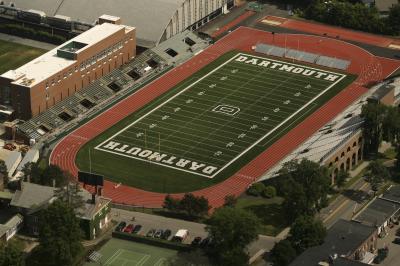2014 was a great year to be a Connecticut basketball fan. After seeing the UConn basketball men’s team get banned from the 2013 NCAA tournament and longtime coach Jim Calhoun step down as the Huskies coach, it seemed like the first nail had been put in the coffin for one of the premier college basketball organizations in the country. Yet under the new leadership of Kevin Ollie, UConn basketball miraculously beat Kentucky this past year to win the championship. In the midst of this Rudy-esque underdog story though, there was extreme sadness. Shabazz Napier, the leader of the team and most outstanding player of the tournament, during this improbable run confessed to his incredibly poor standard of living: “Sometimes, there’s hungry nights where I’m not able to eat, but I still gotta play up to my capabilities.” Instantly, an age long debate was reignited: should college players be paid? Despite what news outlets like Sports Illustrated may think, the debate is not that simple.
What many critics of current NCAA policy neglect to mention is the lack of financial parity from the revenues of different sports teams. For instance, the organization signed a 10.8 billion dollar agreement with Time Warner and Turner Broadcasting for the rights of Division I Men’s Basketball. As you can probably imagine, the market for Division I Track & Field does not have quite the same pull. This begs the obvious question: should the average college basketball player make thousands times more than his fellow athletic peers regardless of skill level? Or would it be unfair for headline attractions like Johnny Manziel not to profit on the numerous licensing deals that bring in millions to their respective institutions by being boxed into a generic pay cap? Additionally, advocates also have to answer how the “salaries” would be transferred to the players. Would they be transferred into a trust or go to meal plans those like Napier desperately need? Moreover, what dollar amount would seem reasonable?
Without a doubt this is an evolving debate. The current developments at Northwestern University may in fact soon provide a template for the average school. But the idea that the average eight year old will choose his after school activities based on what could be the most lucrative for him in the future is probably not what this country needs right now. Maybe we should focus on why income inequality is so vast in this country that Napier’s story is becoming increasingly common.


Be the first to comment on "The Paid Athlete Debate"